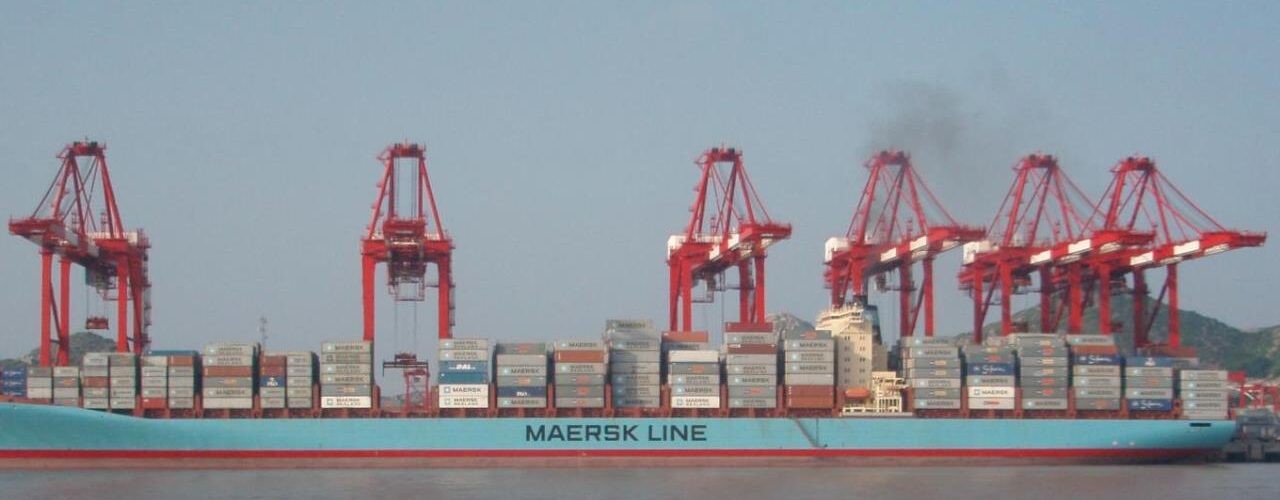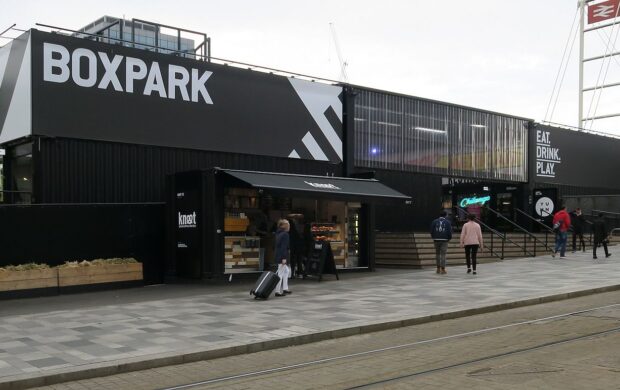A new industry first in freight shipping has been developed and is gaining popularity as the ‘Uber for the Oceans’. San Francisco-based start-up Flexport describes itself as the world’s first licensed customs brokerage built around a modern Web application. Its mission is to change the process of freight transport in the way that Uber has revolutionised road transport.

Flexport’s software provides customers with information about tariffs, customs, and other logistics to allow for comparison between variables, such as port location, shipping dates, container vessel type and cost between different transport businesses. In digitising the ordering process, Flexport facilitates ease of international shipping, reducing paperwork and research effort and connecting several transport companies directly with customers, much like a price-comparison website.
Flexport has ambitions to change the face of global trade, and these aspirations are shared by Y Combinator, a company that discovered and supported several successful start-ups including Airbnb and Dropbox. Y Combinator believes there will be increased international trade if Flexport succeeds.
Since 2014, Flexport has brought in $6.6million in donations to develop its business model. The founder of the company spotted an opportunity, as the use of software had not yet been employed in the shipping freight market, despite its popularity in onshore logistics and supply chain management.
Signal spotted by Gillian Phair.
Image caption: The Anna Maersk: your vessel of choice?
Image credit: Tyler / Flickr















